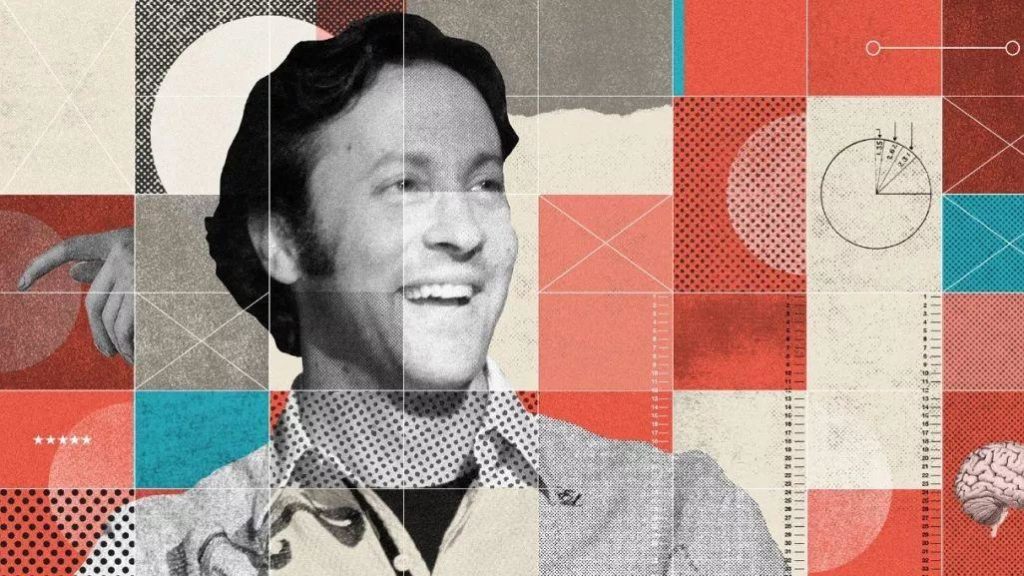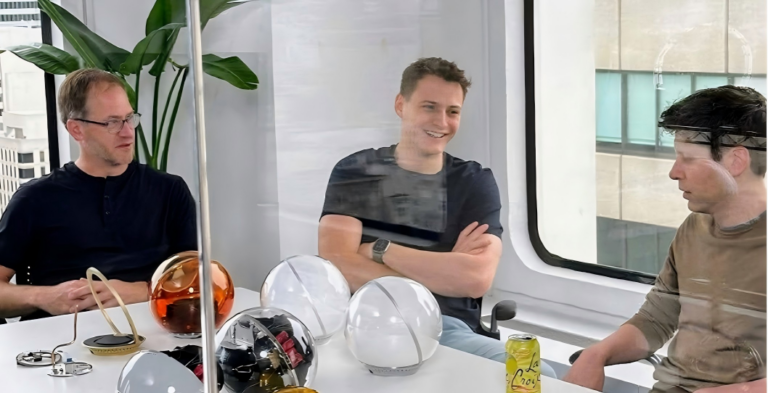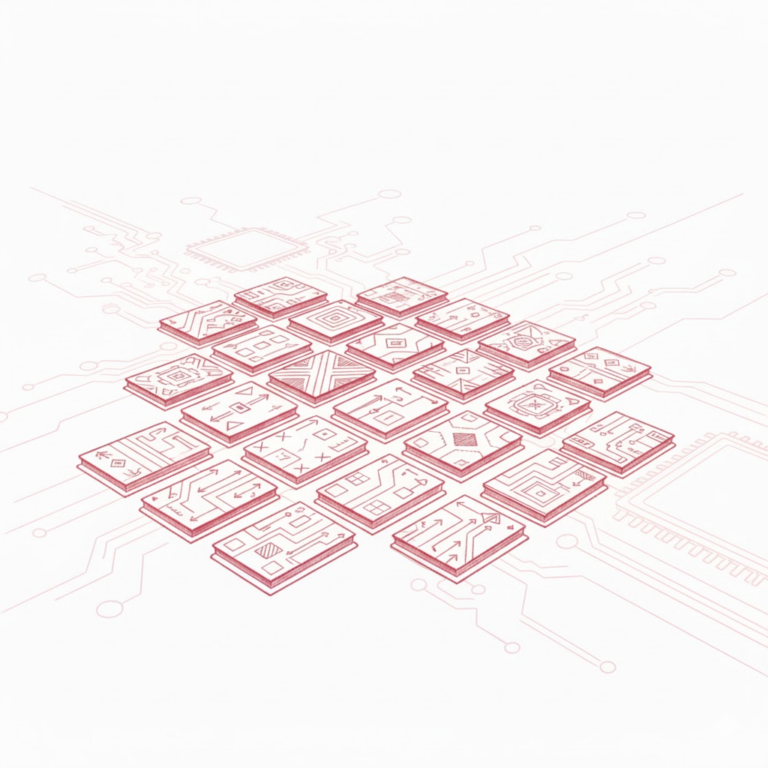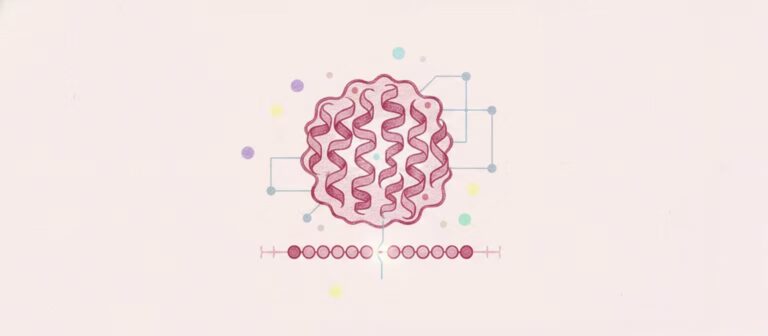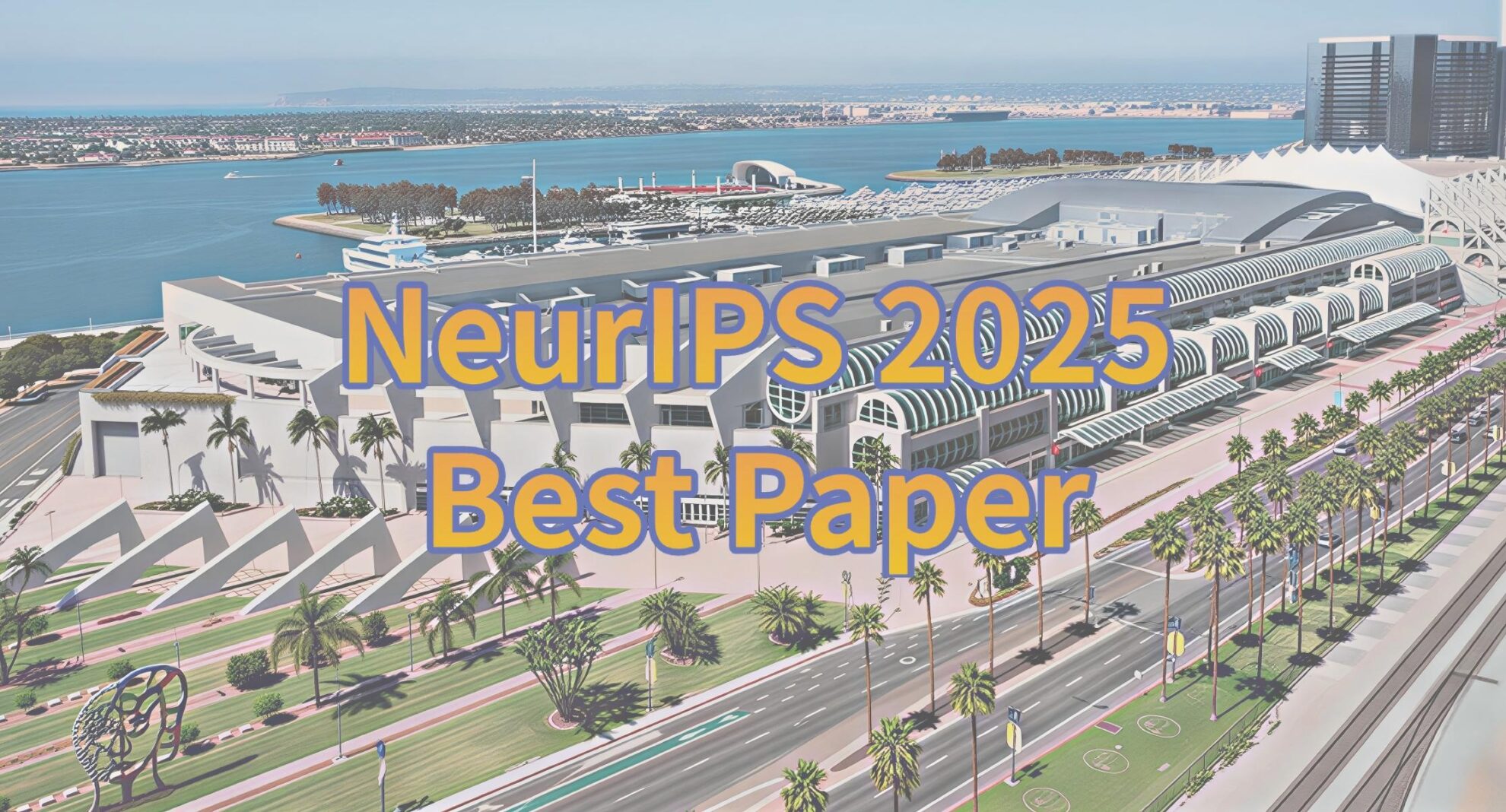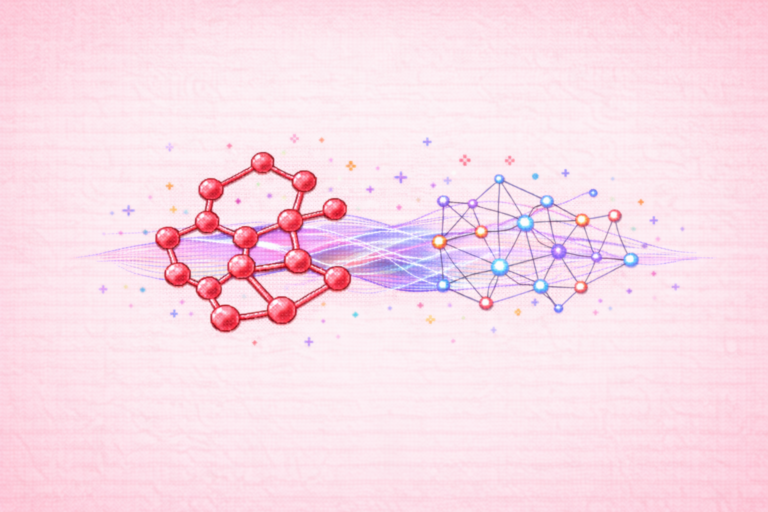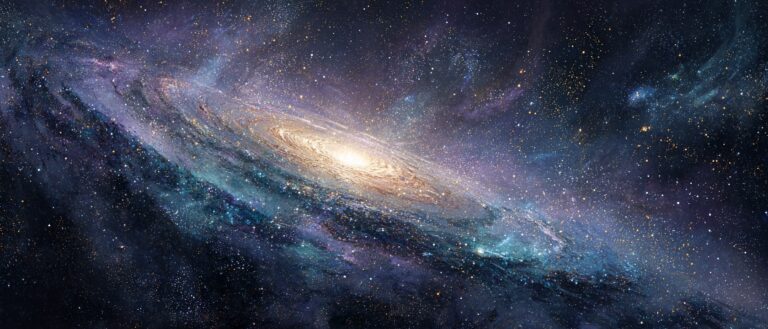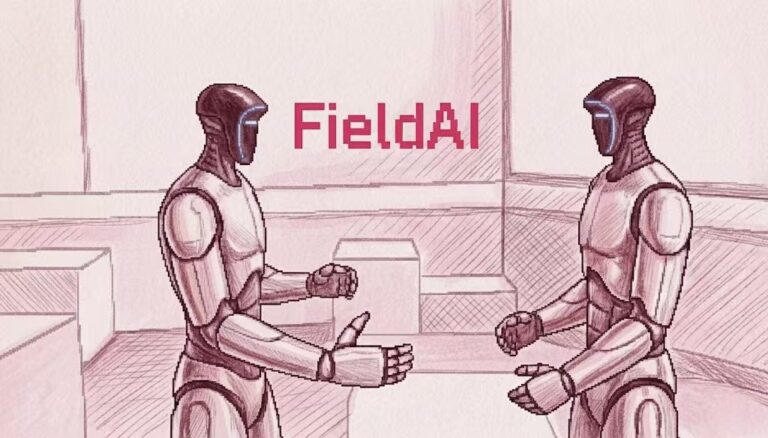NeuroscientistDavid Eagleman(David Eagleman)He has multiple identities - adjunct professor of psychiatry and behavioral sciences at Stanford University, has published more than 100 academic papers in famous journals such as Nature and Science,Guggenheim Fellow, World Economic Forum Board Member, bestselling author, Emmy-nominated TV series "Inside the Brain"(The Brain with)Screenwriter and host.
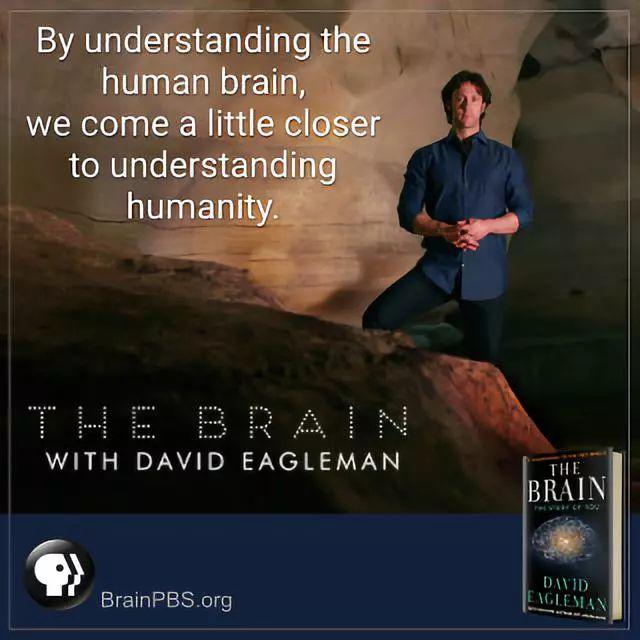
However, in today's interview, his identity is HBO Science fiction dramaWestworld(Westworld)Scientific advisor.
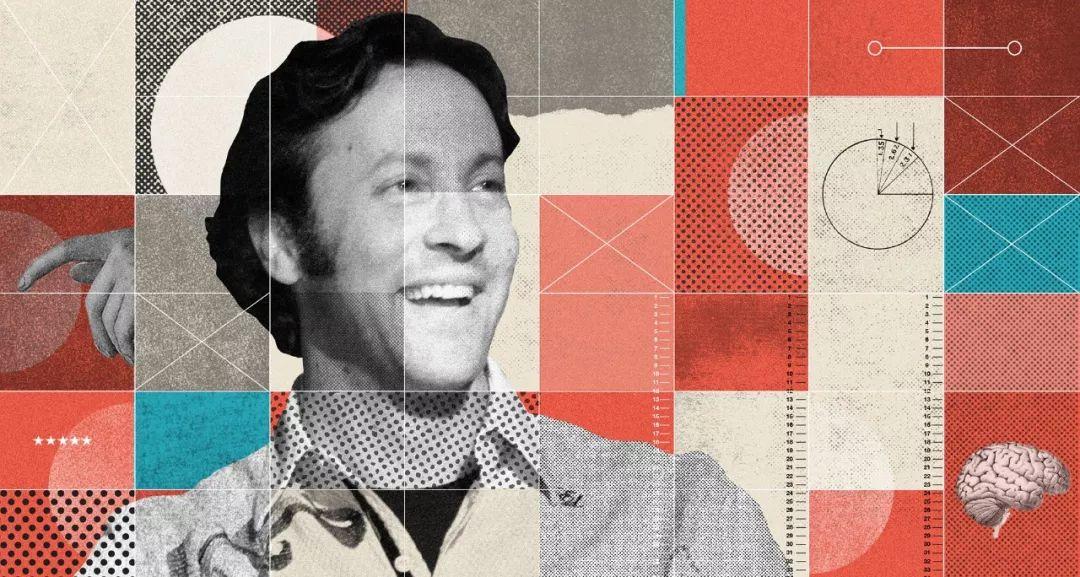

"Westworld" is adapted from the novel of the same name by Michael Carleton, the author of "Jurassic Park". It tells a thrilling story about a robot theme park where technology gets out of control.
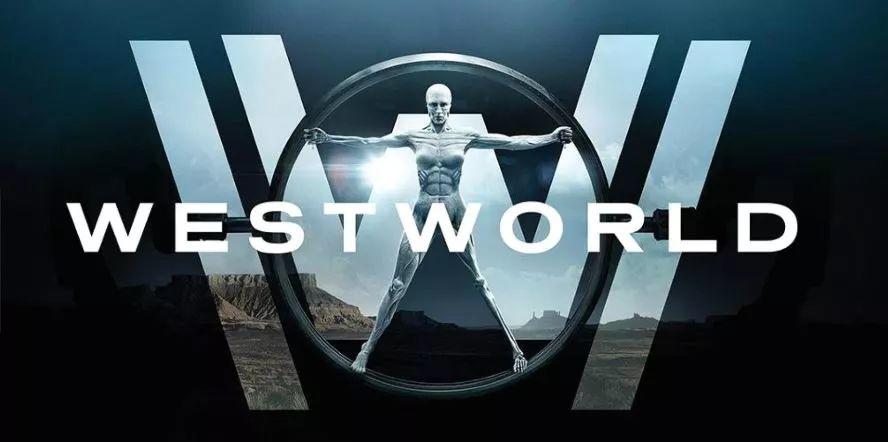
In the first season, a group of robot "receptionists" who exist to satisfy the most violent fantasies of wealthy human guests begin to silently recite"All violent pleasures must end in violence", and ended with a massive riot of artificial intelligence robots that worried all the audience.
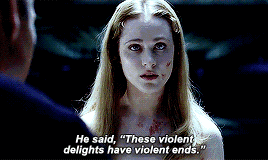
Eagleman's main research interests are brain plasticity, time perception, synaesthesia, and neuroscience.,When "Westworld" was still in the writing stage, he discussed with the screenwriter and producer "memory", "consciousness"and “The possibilities of artificial intelligence”Start brainstorming and scientifically perfect this imaginative sci-fi story.
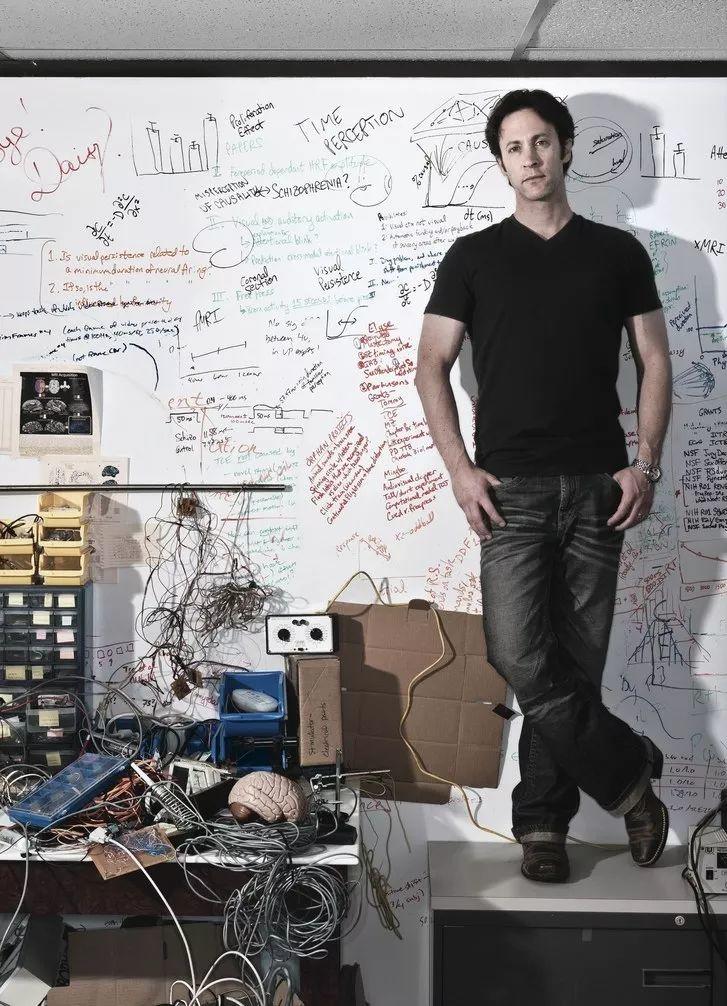
In the play, the robots' memories are constantly "reset", making all their experiences "first times"; until Ford, played by Anthony Hopkins, gradually opens the robots' "memories", and their consciousness begins to awaken.
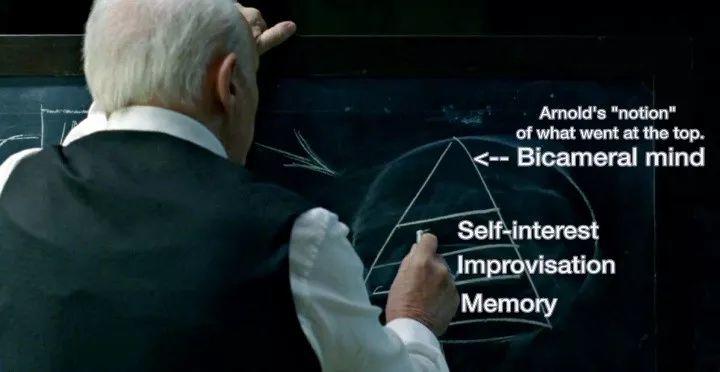
Eagleman raises a question that has persisted in philosophy and neuroscience for many years:Since humans’ knowledge of their own existence comes from “perception” and “memory”, if these two things can be simulated, then is “human existence” a simulation?
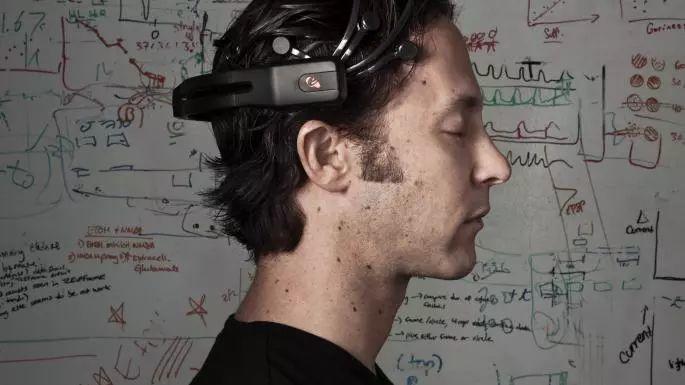
In recent years, Silicon Valley has often discussed similar issues:Are humans living in a complex computer simulation, like in The Matrix?Perhaps there is a creature a million years more advanced than humans that runs ten thousand different simulations of humans, observing how we react in different situations and thus understands our reality.
The second season of "Westworld" is halfway through, and the theme park DELOS has been turned into a "hell on earth" by robots. Everyone is anxious to know what will happen next.
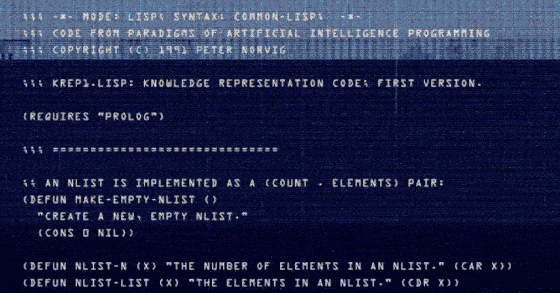
▲The distress signal of human tourists on the official website of "Westworld"
Jeremy Hsu, a reporter from Discover, interviewed David Eagleman about the new topics that appear in the new season, the discussions behind the screenwriters, the working methods of the scientific consultants, and other issues. "Brain Science God"We had an in-depth communication and the following is the transcript.
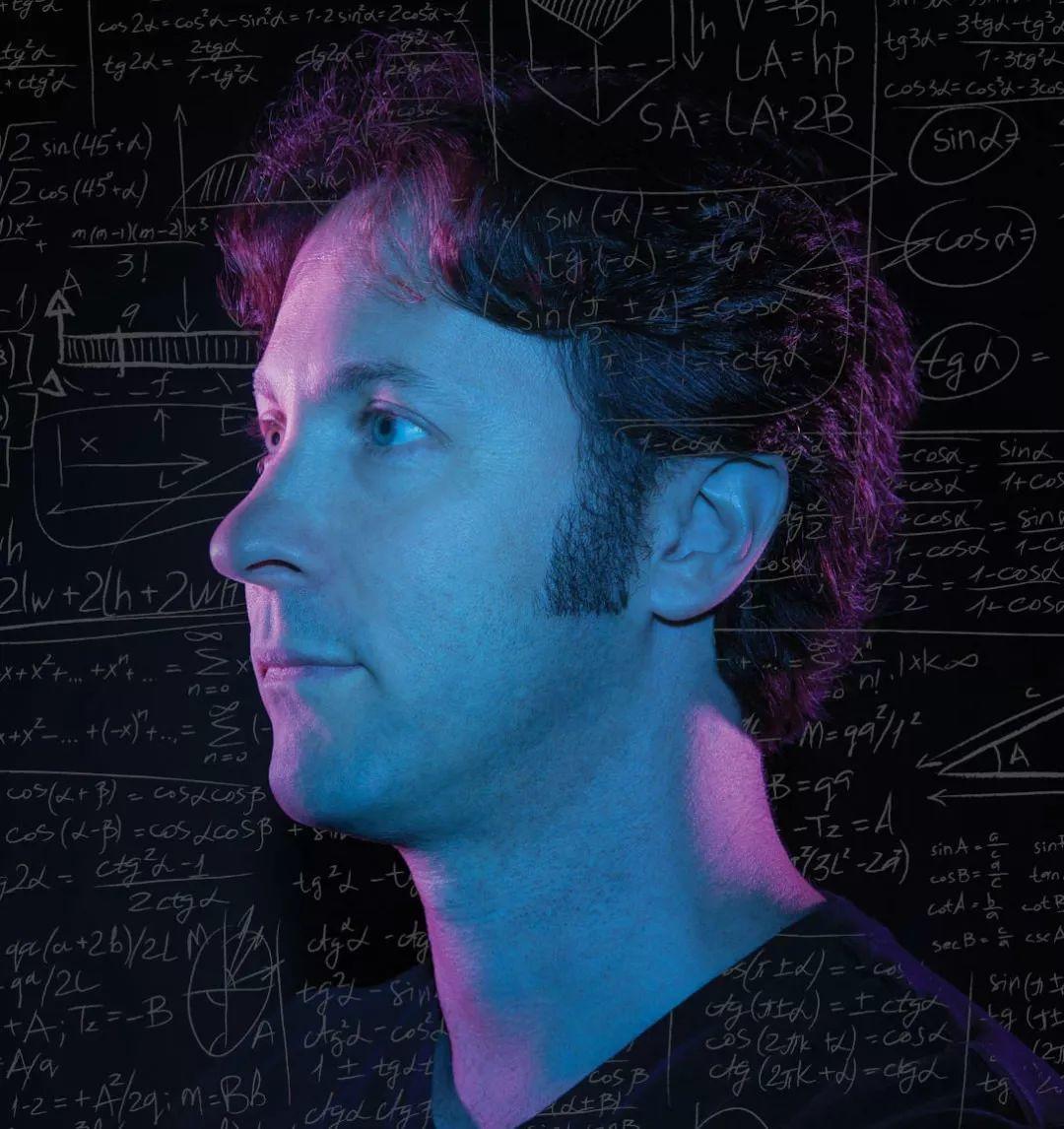
Interview/Jeremy Hsu
Translation Proofreading/LEE
Interview source/blogs.discovermagazine.com
—-WARNING!The interview contains spoilers—-
Q:What is the role of a scientific consultant for Westworld? What is the communication process like with the screenwriters and producers?
Eagleman:I want to emphasize that these people are really smart and they don't need me. All I did for the first season was go to Los Angeles and have an eight-hour meeting with them (the writers and producers) and give them my thoughts on all the core issues of the show.
For example:What is the process of "building consciousness from fragmented memories"? Can robots develop consciousness? What is "free will"? Do we have free will? Will robots ask for it?——These are also the core questions that neuroscience currently needs to answer.
The reason it took 8 hours of discussion was because no one had a correct answer, and we were debating for most of the time. The cool thing about Westworld is that they didn't give a clear answer.
In the second season, something interesting happened. They began to discuss the nature of "free will".

▲Stills from the second season of Westworld
When robots show some signs of "free will", the screenwriters will arrange some plots to make them doubt whether their "thoughts" are really generated "freely" or are arranged by humans.
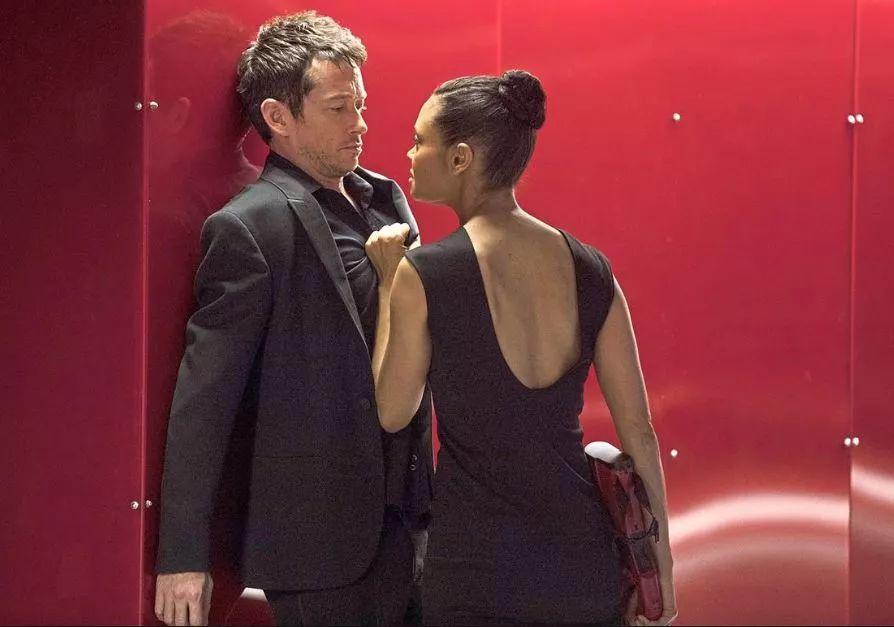
▲Stills from the second season of Westworld
Robots believe they have free will, but often doubt it—and so do humans.Maybe there is no real freedom.
One of the reasons I like the creators' approach is that these questions have not yet been answered scientifically.
Q:So they're just making fun of different aspects of human consciousness, like emotions, memories, experiences... every little thing?
Eagleman:When you write a computer program and have it run any kind of complex graphics or other calculations, it's just crunching 0s and 1s and pushing voltages through transistors, and that's all it needs to do.
So the question is, do we consider your computer program to be conscious? - WestworldLike some kind of program,Is the "consciousness" they display "free" or a mechanical manipulation of symbols? This is the key to the problem.
In neuroscience, we don’t know the answers. All we have is evidence of our existence — ourselves.
Humans are made up of nearly 100 billion neurons, each with about 10,000 connections, so we are very complex. We know we are conscious, so it seems possible that computers could become "conscious."
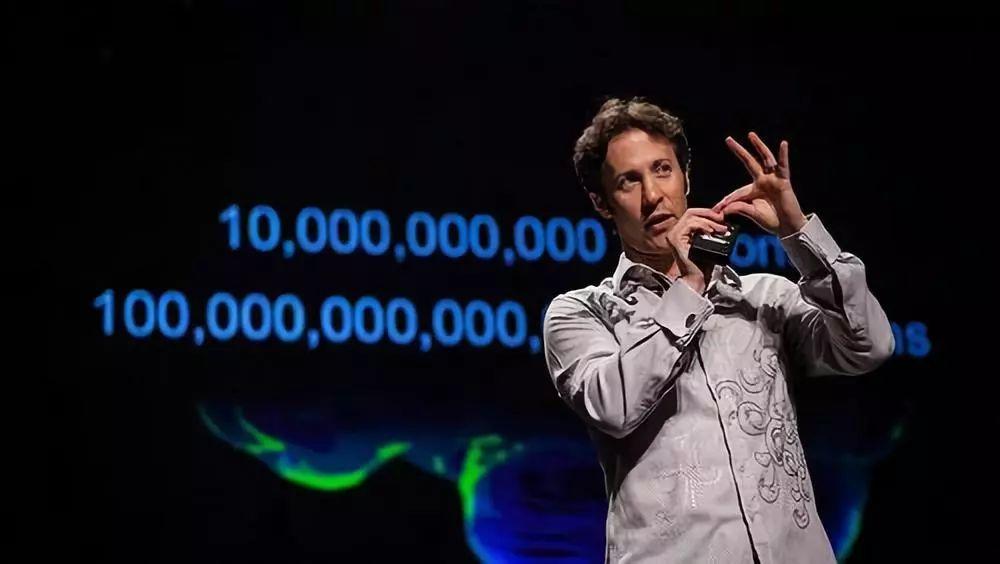
But on the other hand, we wonder if human science is still too young to detect whether there is something else intervening in all this.
We do not yet have a complete systematic theory of consciousness and have no idea what consciousness looks like.
I want to tell you that if we add 2 and do a triple integral (expressing a complex mathematical formula), you can taste the feta cheese, or the taste of cinnamon, or have a wonderful experience watching the sunset...
This is obviously not possible. We are not yet able to express the essence of "experience" using scientific language.
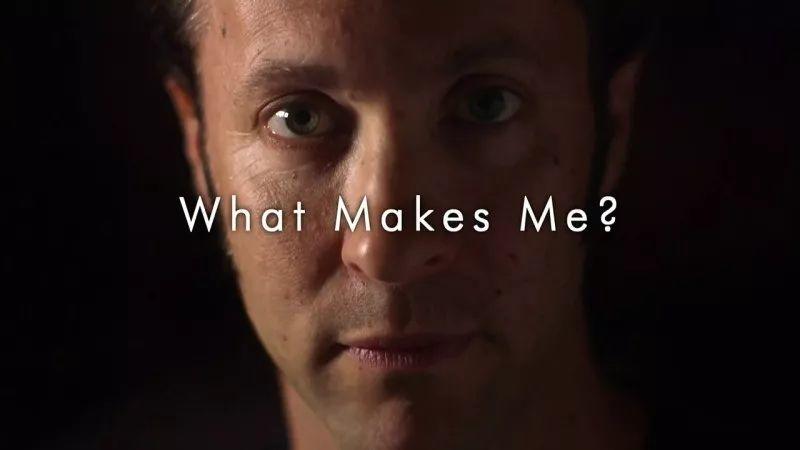
This reminds me of what an artificial intelligence researcher said: Maybe "Westworld" is not about "how we approach AI", but more like holding up a mirror to reflect human consciousness and what drives us.
Eagleman:I think it's both. At least it's fair to say that Westworld is not just about artificial intelligence. This is the turn that just happened in season 2 -How you can achieve "immortality" by uploading one's consciousness.
Q:Is this not mainstream? At least it is not within the scope of our research capabilities? What do you think about this?
Eagleman:I don't want to simply say yes or no, I just want to say - people don't know yet.
The brain is made up of fragments and parts, and in theory it should be downloadable.We should be able to recreate it on any medium you want, whether it's on a beer can, a tennis ball, or a silicon wafer.
Once we understand its algorithm, we should be able to replicate it; if this algorithm is equivalent to consciousness, then consciousness should also be able to be replicated and transferred.
If I put your brain on another substance and asked you, "Hey, how do you feel?", and you said, "I feel a little cold and a little hungry," you are actually experiencing consciousness.So this topic is not as "non-mainstream" as people imagine.
The only problem is that we don't have the ability to test this theory right now.
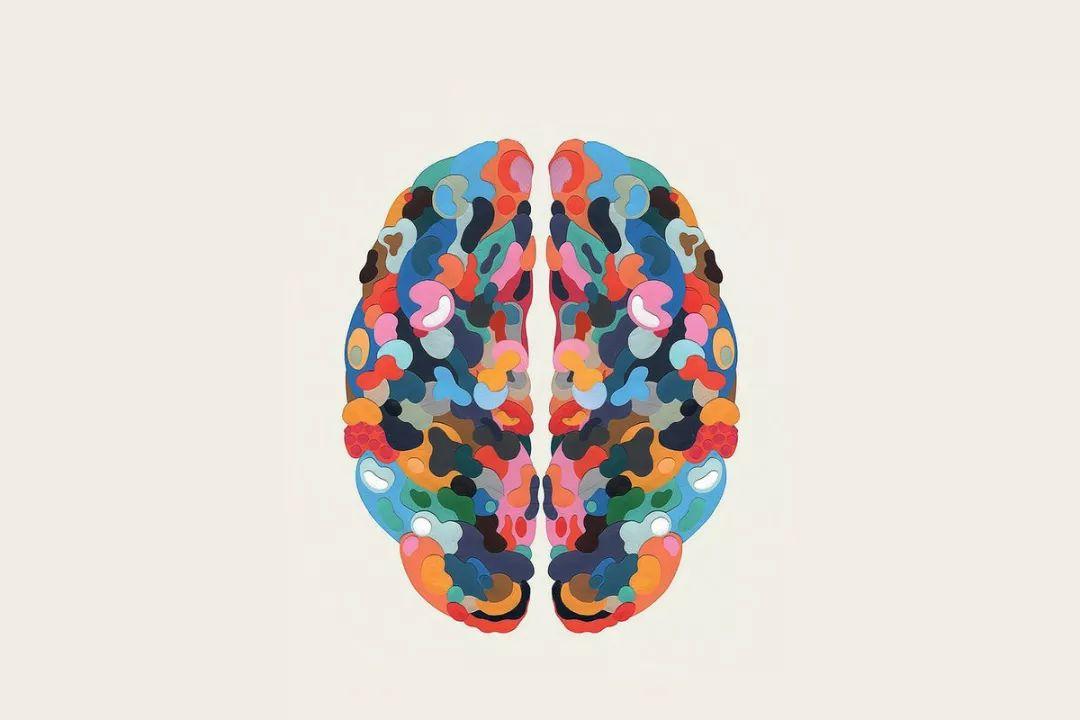
It's probably going to be another - I'm assuming a number - 50 to 100 years before we can say, "Okay, now we have enough computing power to try to simulate the entire brain."
But people are already working towards this. There are no successful projects yet, and there won't be any in the near future, but I think everyone's goals are pretty clear and direct, and it's just a matter of time before they start doing it.
Q:Do you mean that the success of this work depends more on computing power and resources?
Eagleman:Yes, that's right. If you want to simulate a complete human brain, if you reconstruct every brain slice under an electron microscope, it will require the computing power of the entire earth, so it is very challenging.
but,If the word "mountain" is used to describe this project, the neuroscientist "mountaineering expedition" has already begun "climbing", and nothing can stop this attempt.
It's an open scientific question: We scan the brain in super-detail, reconstruct it completely on a computer, and then press Go to see if it will eventually become conscious.
In other words, is the algorithm you run equivalent to consciousness, or is there something else we need to establish consciousness? It's still unknown.
So the setting of Westworld is pretty clever - it takes place 30 years in the future, when we have figured out how the brain works and human computers are much more powerful than they are today, so in theory you could replicate it in something much smaller than the brain.
In the second season, we will see that a "big pearl"-like sphere is placed in the robot's brain, becoming the center of all robot brain operations.
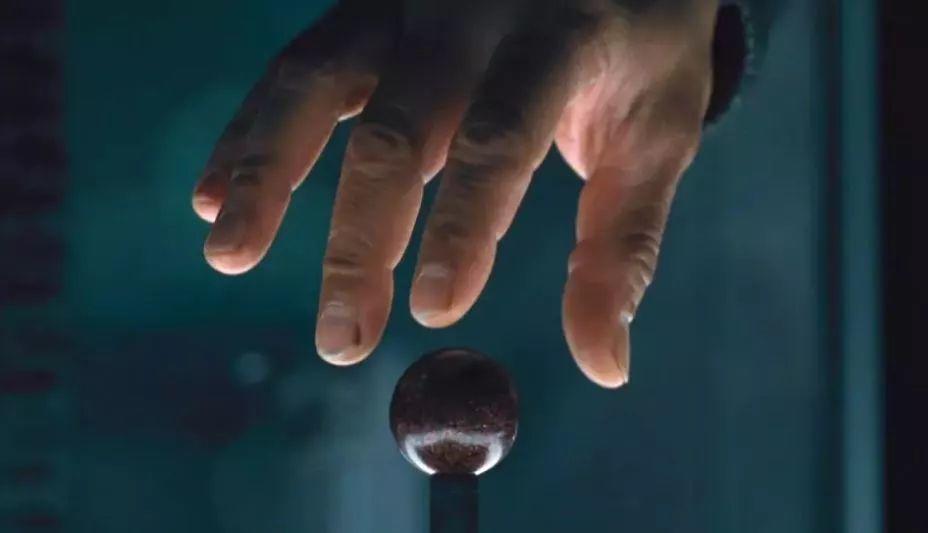
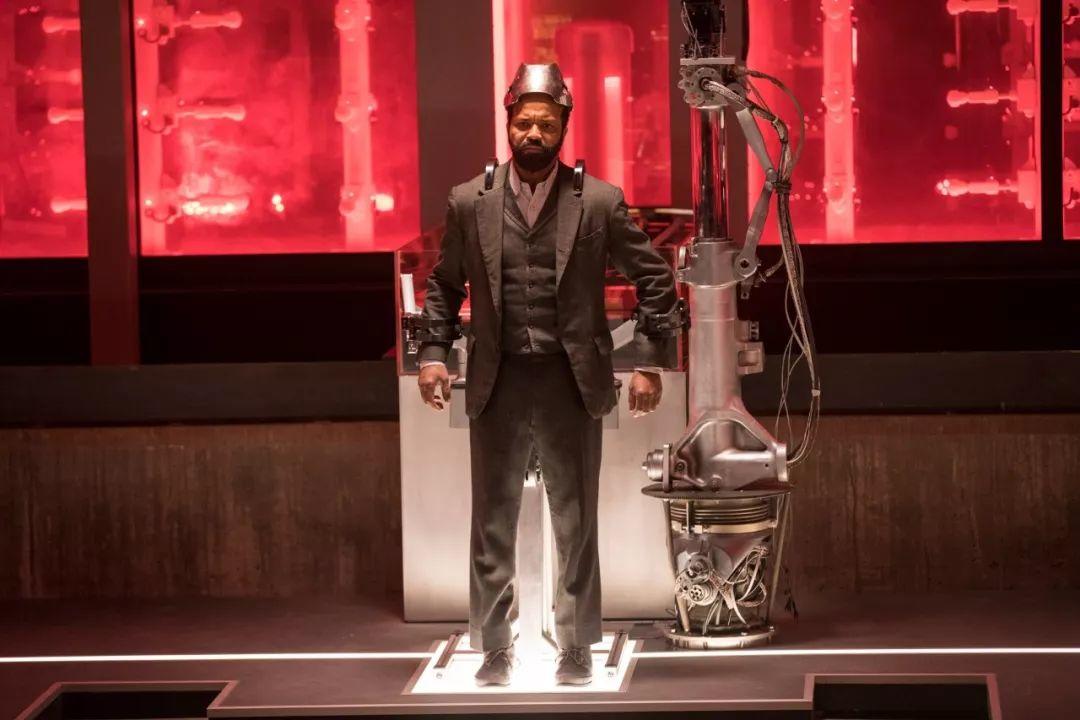
The brain is likeMother Nature has successfully brought together billions of cells into a device to create consciousness; but can humans ourselves do it ourselves with better technology, and in a smaller and more efficient way?
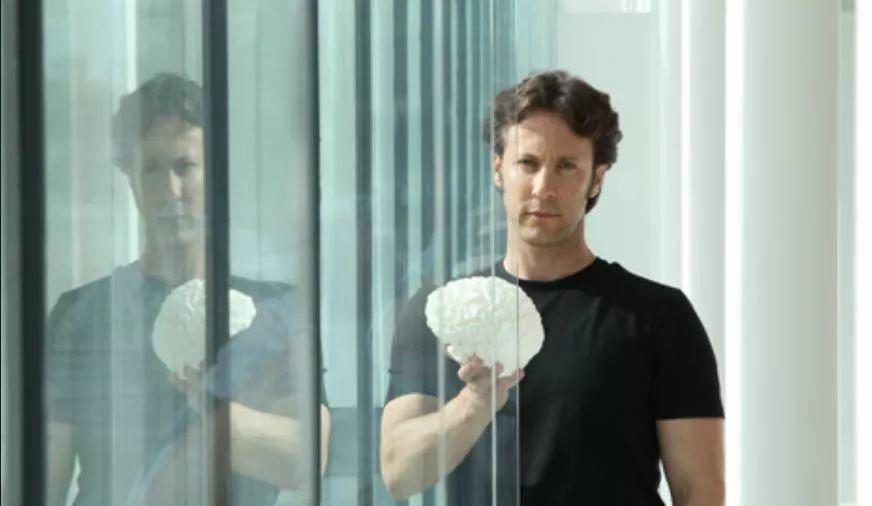
Q:I'd like to know your thoughts on what is now called artificial intelligence. These technologies are obviously far from human consciousness. How do you see the difference between them?
Eagleman:Many so-called artificial intelligences that appear in the media now are “Narrow” AI, they can already do remarkable things: you can train a neural network to recognize the difference between a dog and a cat, and it can do it much more efficiently than a human can.
But if you try to teach the network to recognize some more complex objects, or to hold a conversation with a person, it will fail miserably, and you will need to retrain it.
“Narrow” AI performs better than all humans in its “narrow” training scope; but the problem is that it has less intelligence than a three-year-old child.
The overall intelligence level of a three-year-old child is better than any advanced artificial intelligence we have today: for examplePick up food and put it in your mouth, pick up a strange object from the ground and quickly learn how to play with it, find your position and direction in the house...
Everything that is easy for humans is difficult for artificial intelligence.So I think it is unlikely that there will ever be a human-like AI.
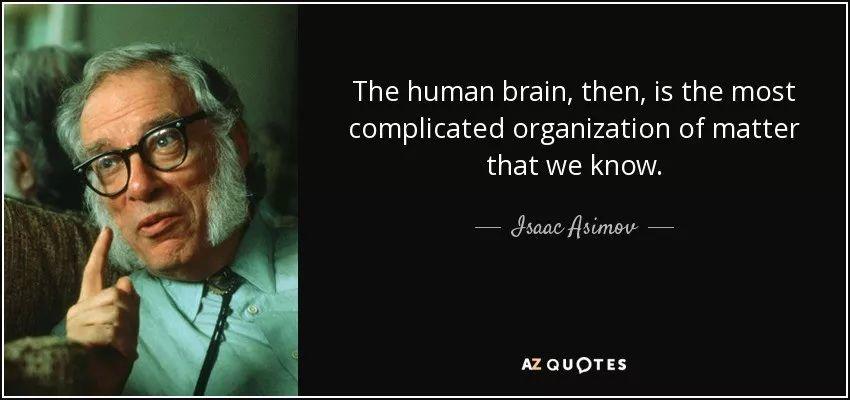
▲ "The human brain is the most complex organization we know of in the physical world." - Asimov
The intelligence we humans possess isGeneralized Intelligence, you can use it to complete various tasks, we are very flexible cognitively.
On the contrary, the artificial intelligence that will penetrate into our lives now and in the future has amazing capabilities in the "narrow sense".
So, as much as I love Westworld, that's not the future we need to move towards because it doesn't make sense. You might as well build a more useful robot that moves around really fast on wheels.
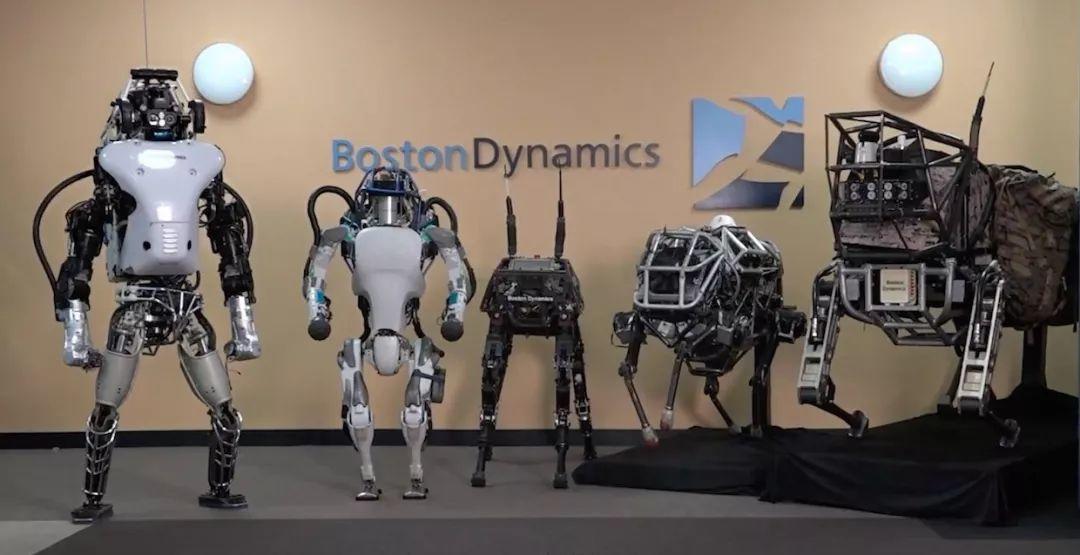
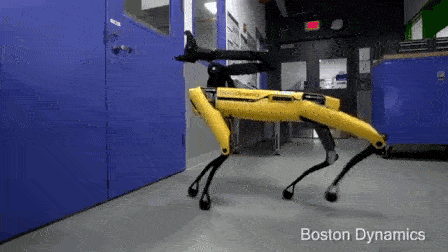
▲ A humanoid robot developed by the robotics company Boston Dynamics, and an artificial intelligence robot that can open doors like a puppy
The real reason for creating artificial intelligence and making robots is to help you do things that humans are not good at.
Take Google Maps, for example. You need it to point out every traffic situation on every road and tell me which route is faster - these are beyond human ability.
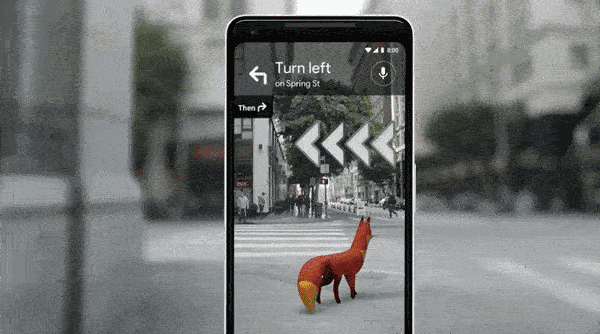
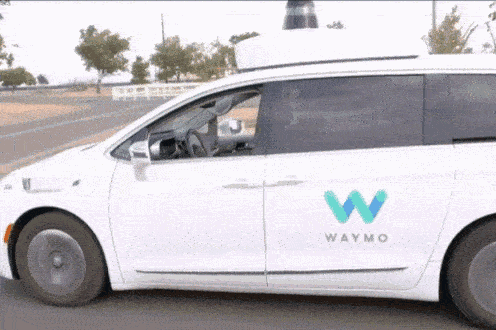
▲ Google Maps and driverless services released by Google at the 2018 Developer Conference
I use AI like this every day and am always amazed by its capabilities, but it just fades into the background and becomes part of our daily lives.
Q: During your time on Westworld, were there any heated discussion points or times when you had to stand up and say, "This doesn't make sense"?
Eagleman:Most of the questions we discussed were ultimate questions, so there were indeed heated debates; but what was interesting was that there were no correct answers to any of them.
In other words, even though I am a neuroscientist, I cannot easily say this is not true or this is true.Therefore, heated debate is inevitable.
Serving as a scientific consultant on Westworld had its own personal perks: Eagleman asked the TV show’s creators to help promote the exoskin, a tactile feedback electronic vest designed by his own startup, NeoSensory.
This vestIt contains 32 sensory motors, similar to "virtual skin", which can enhance the wearer's perception. It can be used in VR scenes to solve the problem of lack of body perception in VR; or it can enhance the sensitivity of other organs for people with congenital sensory defects such as the deaf and blind.
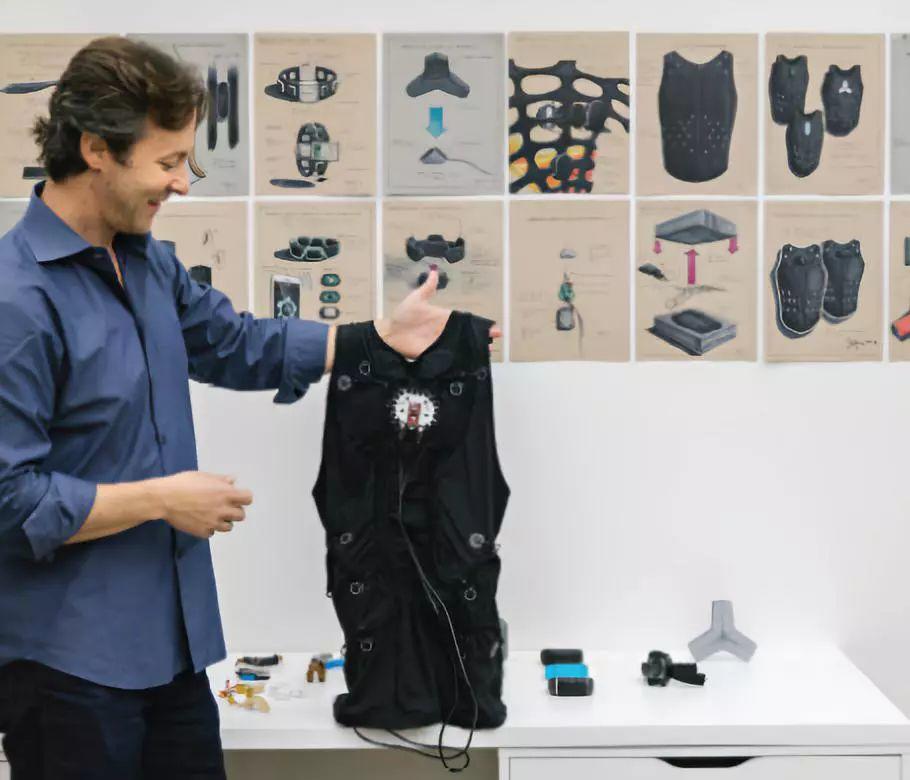
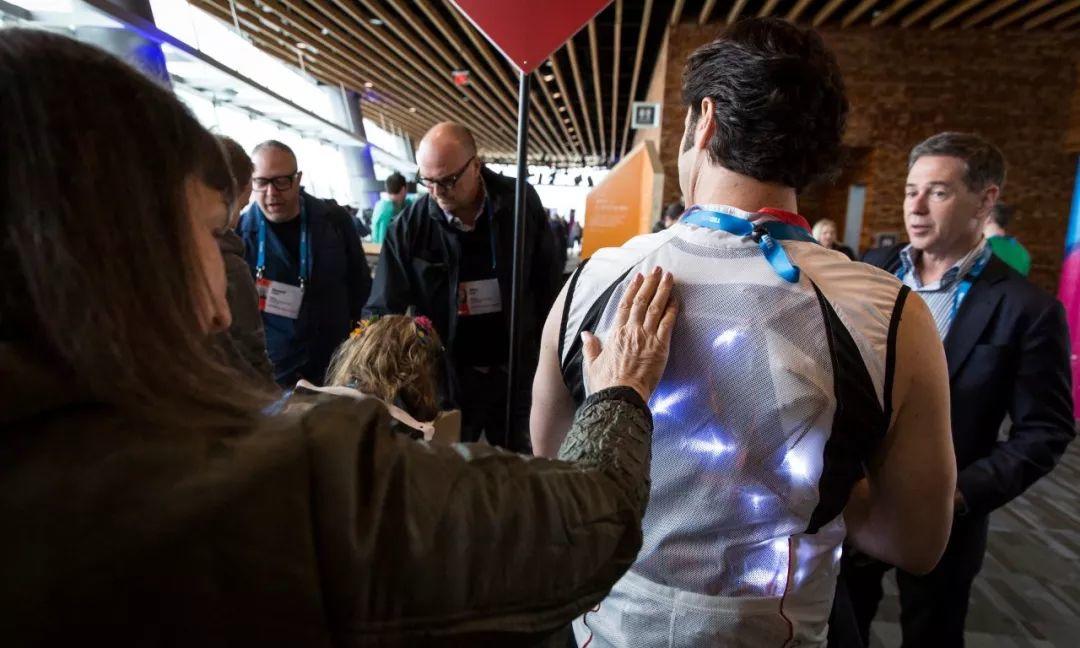
American "blockbusters" have global influence and are representatives of "soft power", but there was a time when they were full of scientific common sense errors.
So, in 2008National Academy of Sciences (NAS)Launched "Science and Entertainment Exchange Program", helping Hollywood film and television screenwriters connect with scientists, university professors and other scholars to correct scientific errors in the scripts from the source, making film and television stories involving science and technology more accurate and more elegant.
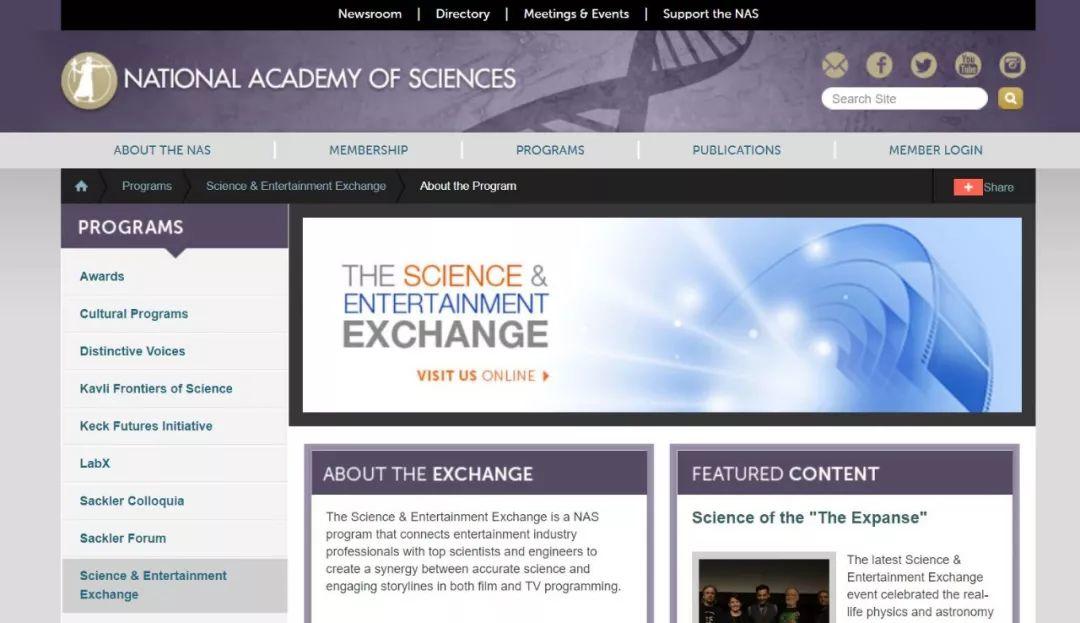

Westworld screenwriterJonathan NolanA great directorChristopher NolanThe two brothers worked closely with physicists to successfully create the movie "Interstellar", which was rated as the "most scientific movie" by American scientists.
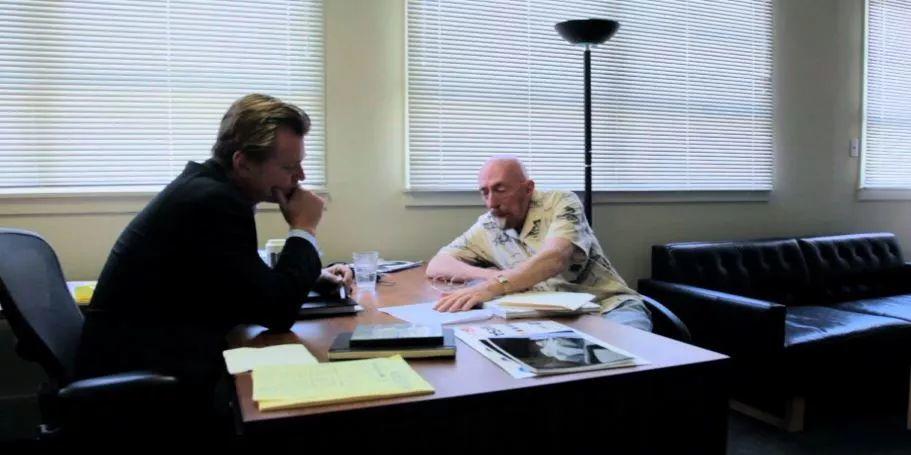
▲ Christopher Nolan and physicist Kip Thorne discussing the script of "Interstellar"
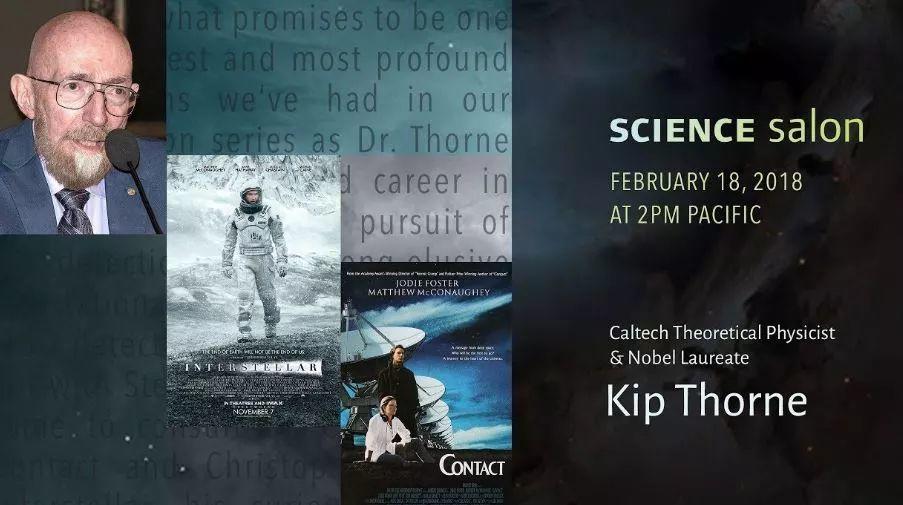
▲ Sharing by Kip Thorne’s scientific advisor
On the other hand, well-known Hollywood films and TV dramas have also made American scientists more and more sexy, promoted the progress of popular science, and established a virtuous circle for improving the overall scientific literacy of the nation.
Geek MoviesWith science brandsThree or Four Craftsmen(Science Masters) have jointly launched crossover programs since last year "Imagination", the inspiration comes from the "scientific consultant":
Starting from a movie, we bring together Chinese filmmakers, scientists and technology entrepreneurs who are also movie fans to talk about the technological trends behind the movie, combining imagination with science and technology, so that this way of thinking can be spread more widely and have more influence.
